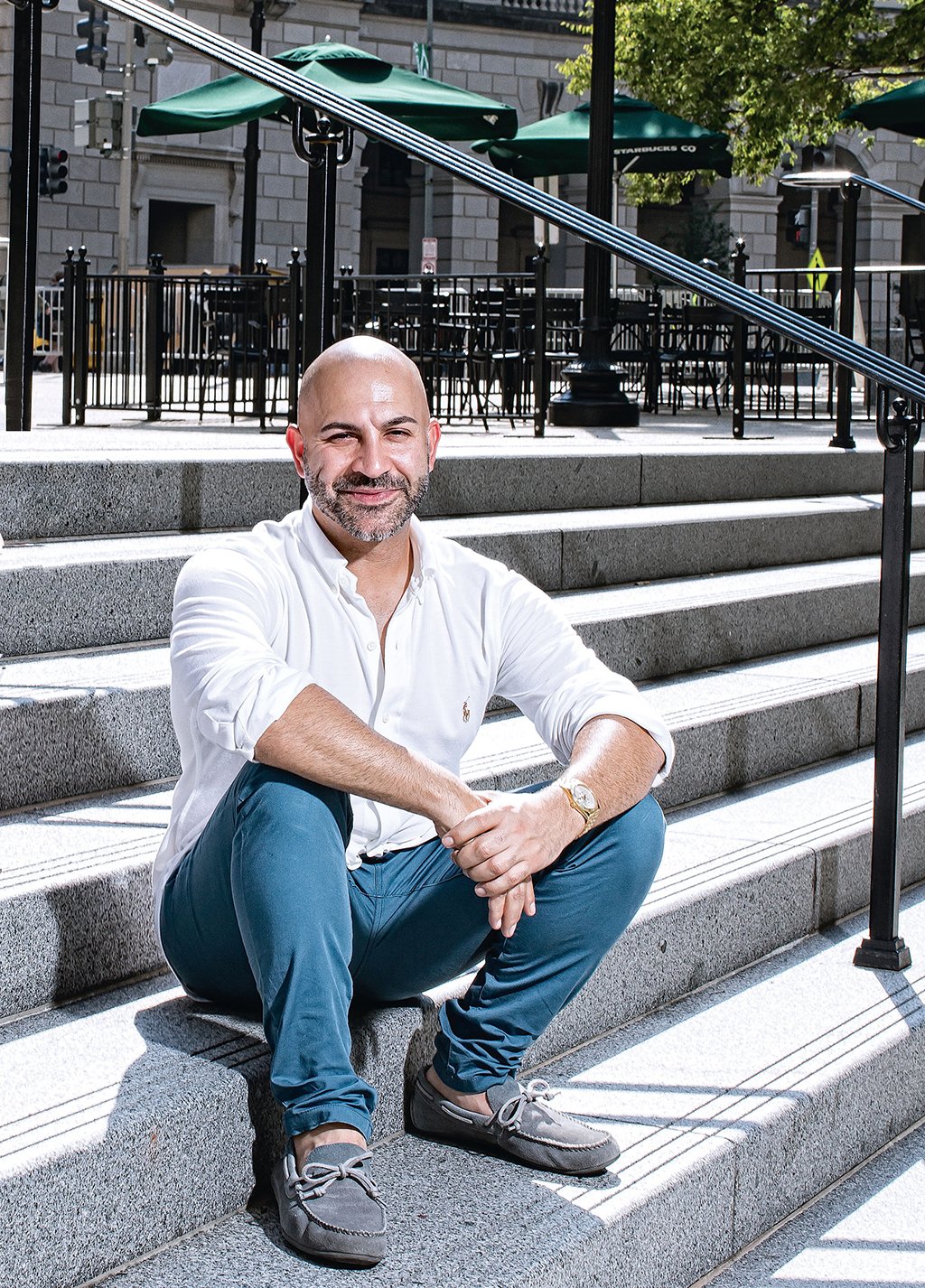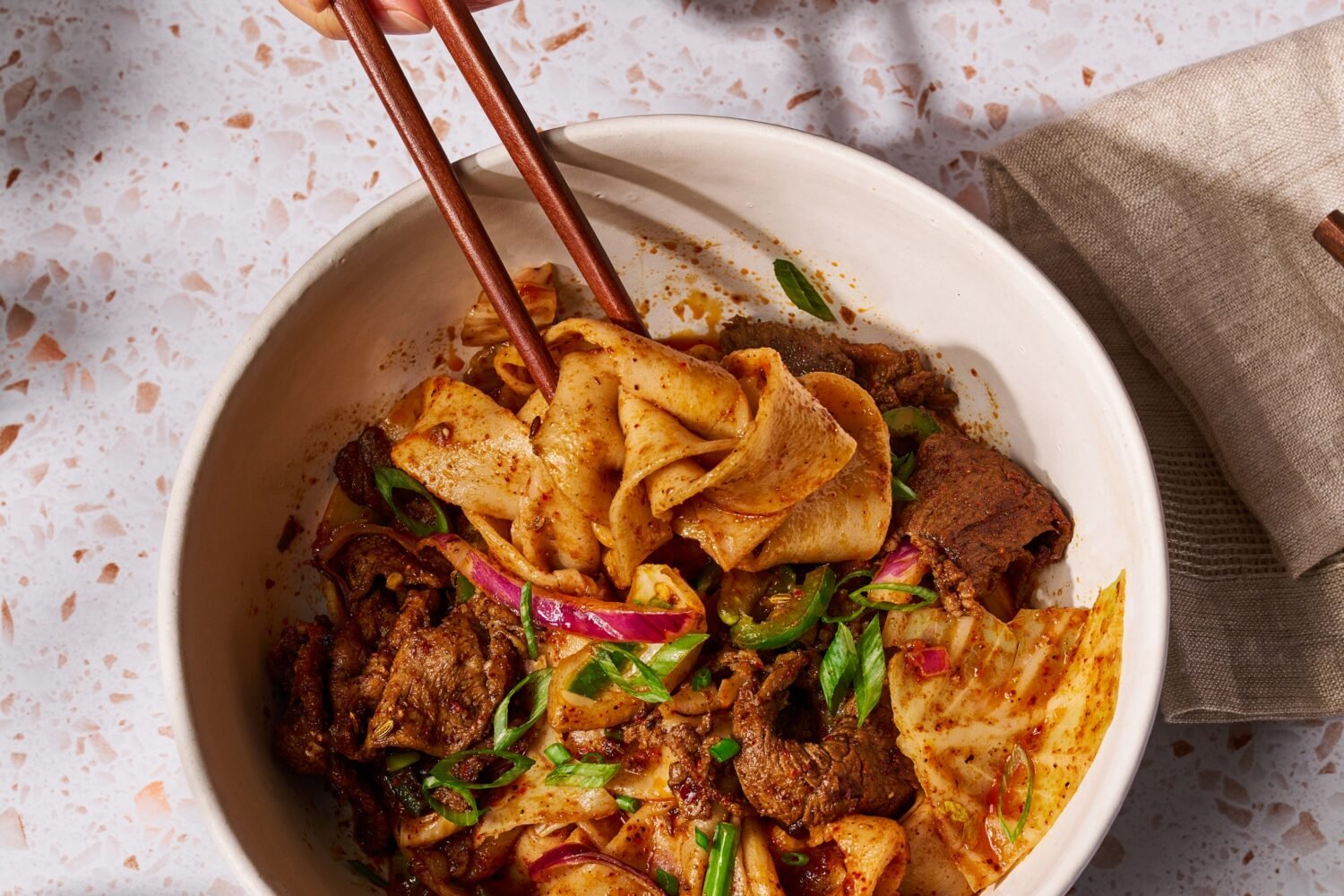A good dining scene needs a good dining villain, and Alessandro Borgognone may just be the guy for the gig.
For starters, the New York restaurateur is opening the second location of his Japanese omakase restaurant, Sushi Nakazawa, in Washington’s most polarizing property: the Trump hotel. He signed on after hometown hero José Andrés broke with the hotel in a lawsuit-provoking political gesture.
Even in a liberal city, though, linking up with the Trumps may not have been the worst of Borgognone’s sins. He also bruised Washington’s fragile ego when he dissed our food scene in an interview with New York magazine late last year: “I had reached a point where I saw so much bad that I was actually looking for the good. I couldn’t find it.”
Meanwhile, Anthony Bourdain has expressed “utter and complete contempt” for the man. Esquire called him the “most hated restaurateur in America.”
Yet when I show up to meet the 36-year-old Staten Islander in the Trump hotel lobby, Borgognone’s publicist suggests I’ll see something different, calling the interview a “friendly meet-and-greet.”
“As long as we don’t speak about anything political,” Borgognone interjects. He says he won’t answer those questions.
However, it doesn’t take him long to start talking about democracy and political divisiveness and those people who won’t talk to you if you don’t agree with them: “That’s not American. That’s bullshit.”
So you can say whatever you want about the politics of setting up shop in the Trump hotel. “I do business with everybody,” Borgognone counters. “And when you meet a true businessperson, they get along with everyone, because they understand it’s business.”
Turns out Borgognone was interested in the hotel before Donald Trump announced his run for President. He thought the historic Old Post Office building was beautiful. He signed a lease before Trump was elected, but after Andrés and celebrity chef Geoffrey Zakarian backed out of deals because of the then candidate’s controversial remarks about immigrants. Not wanting anyone’s sloppy seconds, Borgognone negotiated a space with its own private entrance in the back of the building that was never intended for either restaurateur.
Still, Borgognone would prefer to talk up the seafood, or even the bathroom tiles. He anticipates that Sushi Nakazawa, opening later this year, will become one of Washington’s top restaurants, and he doesn’t care about the naysayers or skeptics. Most hated restaurateur in America? “I enjoyed it,” he says.
As the son of Italian immigrants, Borgognone might seem an unlikely conqueror of Japanese dining. He’d never considered opening a sushi restaurant until he watched Jiro Dreams of Sushi, a documentary about Tokyo sushi master Jiro Ono. The next day, he used Google Translate to send a Facebook message to Daisuke Nakazawa, one of Ono’s apprentices, and he eventually convinced the chef to move to New York and open Sushi Nakazawa with him. In 2013, their Manhattan restaurant earned a rare four-star review from the New York Times.
While Nakazawa himself will spend time in DC, the kitchen will be run day to day by Masaaki Uchino, the chef’s right-hand man. Sushi Nakazawa will also employ the skills of a “maritime liaison,” who travels the country to build relationships with fishermen and secure the very best seafood.
Borgognone is equally concerned about the very best in the dining room. He personally designed a custom rug, selected the crystal stemware, and picked out a bar top made of Calacatta marble—“probably one of the most expensive marbles.” Every detail has his fingerprints. This is a man who planned his whole wedding, after all.
Borgognone has previously said he doesn’t think Sushi Nakazawa has any competition in Washington. “Can you name an amazing sushi restaurant in DC?” he asked New York. He has since apologized for implying DC’s food scene was terrible. He now says he was introduced to “the wrong places” at first. And by the way, he very much enjoys Washington’s Michelin-starred Sushi Taro. He swears he loves the city and its dining—that’s why he’s opening a restaurant here.
“I don’t think you have to like me as a person,” Borgognone says. “But if the product is what it is, you can’t lie about it.”
A condensed version of this article appears in the October 2017 issue of Washingtonian.

















